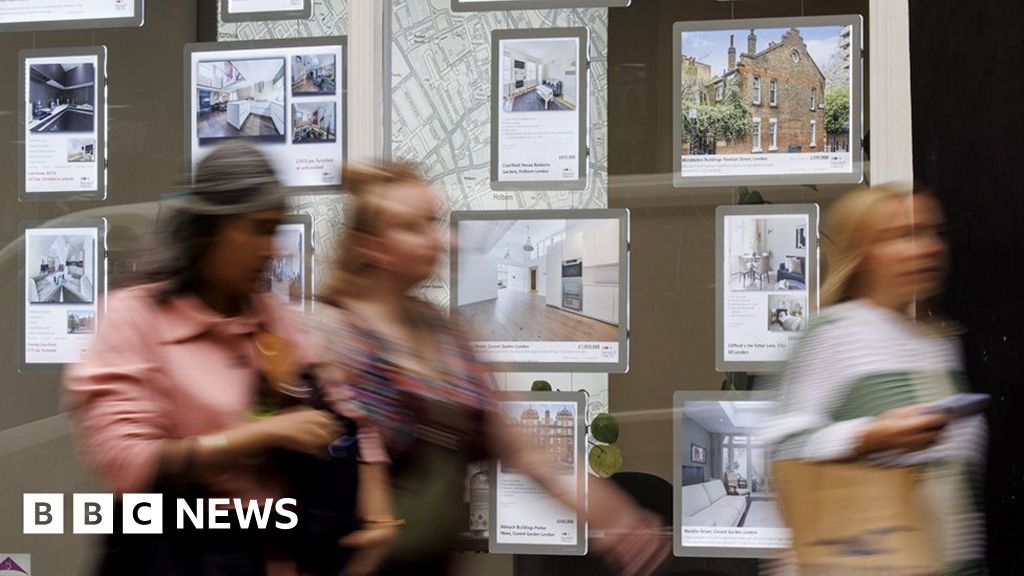Soldato
Same rate and time period as me.
So as someone who has not remortgaged ever before and this will be my first time, is it best to start looking the day it ticks over 6 months before your fixed period ends, on the basis that most agreement in principals last for 6 months? i.e. In case the rates go down the next day and forever up until your renewal?
And then assuming rates will come down gradually...keep checking rates what weekly? Monthly? And reapply if rates improve continuously over and over again, potentially with the same provider overwriting your original offer? Are there limits on how much you can do this? Are there limits on how many you can apply for with different lenders? Will applying for multiple and having multiple open damage your credit history?
And what if a rate drops massively days before your fixed period ends and you had previously agreed to starting a new deal? What is the point at where you have to commit and/or can't pull out?
It depends on the lender how far in advance you can agree a new mortage deal. my current lender would only agree 4 months in advance but 6 is the norm.
I would check websites a week before, so you know roughly what the rates are, who the cheaper ones are and how far in advance it can be agreed, so come the day you only have to check a few.
They do a soft credit check with the info that you give to them, then do a normal credit check to generate the paper work. Until you sign the paperwork and send it back, nothing has been finalised.
once I had one, I just kept a track of the BoE rates, if the rates went down then it's worth shopping around for another deal, there's no limit to the number of agreement you have in place but don't forget that there's paperwork and interviews for each agreement. It depends on how much work you want to put in to shave a few % points off but I managed to get mine down from 4.21 which was the lowest at the time down to 4.01%. Even if the bank you have the agreement with lowest their rates, they will not tell you, you have to find out for yourself and go though all the paperwork and interview again.
This is where a mortage broker comes in handy, they can do all the leg work for you and let you know the cheapest deals, or the one's that they are aware off. I still think that paying a fix cost for the life time of the mortage is worth having a broker for, if you are planning to remortage a few times. Saves time...




